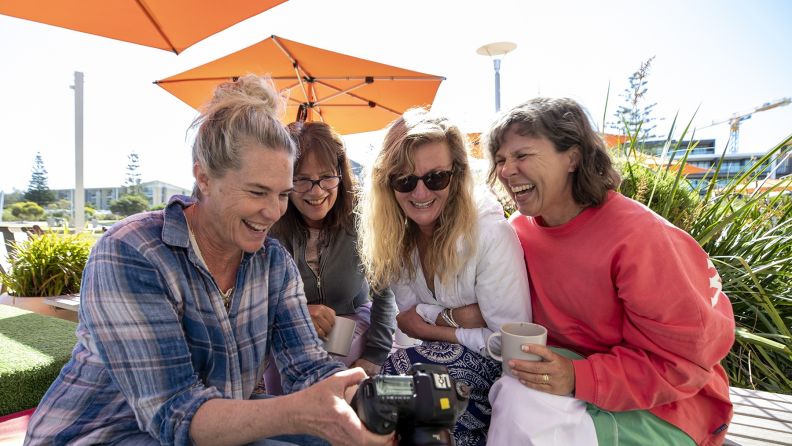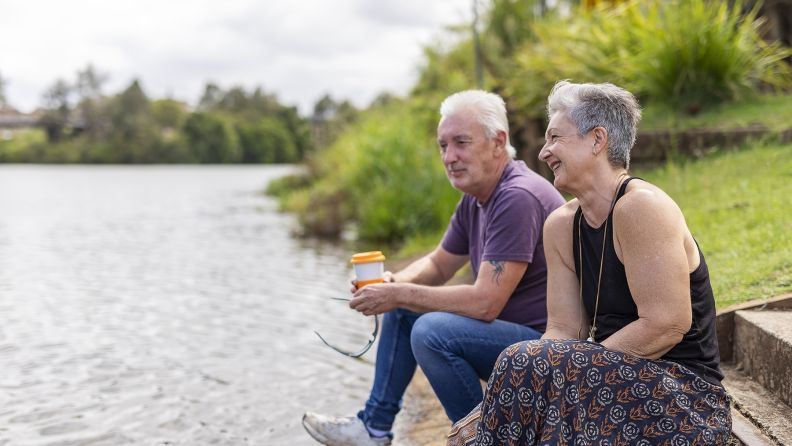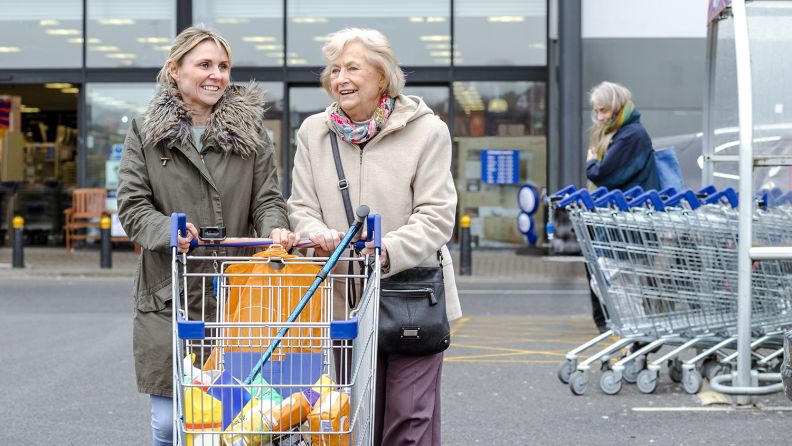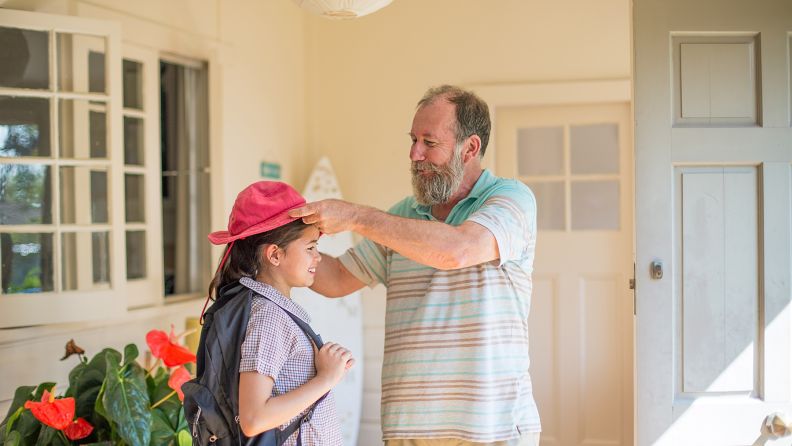Younger onset dementia can affect your thinking, and this means you may pay less attention to self-care, personal hygiene and household chores. You may not be eating as well or not drinking enough water either.
Taking care of your health, including eating a balanced diet, can help you enjoy life and maximise your independence for as long as possible.
With this in mind, it’s important to find ways your basic needs can be met. Some things you can to help do include:
- Have groceries or meals delivered to your home
- Consider engaging a cleaning service
- Arrange for family, friends or a paid worker to help you with housekeeping, meals, transportation and daily chores
- Give someone you trust the authority to help you with your finances
- Establish a system for medication reminders.
You may be eligible for the National Disability Insurance Scheme (NDIS). This government-funded program will help you pay for care that makes it easier to live well with dementia.
Living alone with dementia
If you live alone and have been diagnosed with younger onset dementia, help is available. You can maintain your sense of independence while getting the support needed to maintain your wellbeing.
Supportive aids
Supportive aids, also known as assistive technologies, can support your independence living at home. Whether you live alone or with family, supportive aids can help reduce the risk of accidents and may enable you to stay at home longer.
NDIS
The NDIS can provide funding for you to access supports and services that can help you with your daily life, connect with your community and achieve your goals.
Visit Dementia Australia’s web page for information on the NDIS.






